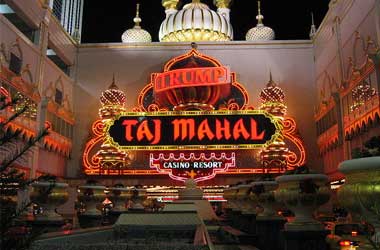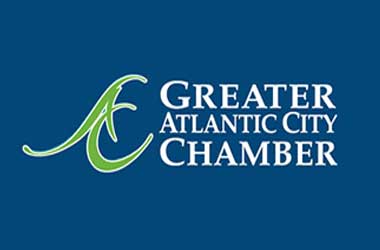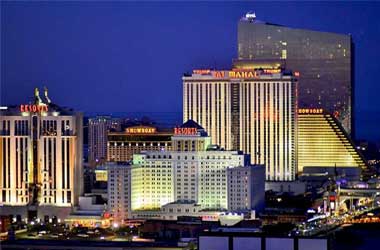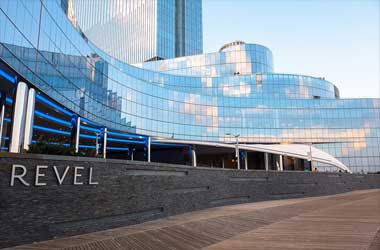Atlantic City PILOT Bill Payments Will Not Get Hit With Taj Closure
 Atlantic City officials have clarified that the closure of the Trump Taj Mahal casino would not affect the bill that entitles the city PILOT bill payments from the casinos in lieu of taxes.
Atlantic City officials have clarified that the closure of the Trump Taj Mahal casino would not affect the bill that entitles the city PILOT bill payments from the casinos in lieu of taxes.
The Trump Taj Mahal casino is expected to close on October 10 after owner Carl Icahn failed to convince the union workers to call off their prolonged strike. Icahn made the decision as the casino was losing millions every month and the opposition from the Union proved to be the final breaking point for the billionaire casino owner.
The PILOT bill allows the casinos to make fixed payments to the city for a period of 10 years instead of paying annual property taxes.
NJTV News
The bill was developed as a part of the rescue package agreed between the state and the city, and enabled the city to end expensive ongoing tax appeals by casinos which were affecting the city’s revenues. Under the bill, the casinos will collectively pay $120 million per year assuming the gambling industry’s revenue levels was over $2.2 billion.
According to officials, the law is clear that the city will still receive the $120 million payment even if Trump Taj Mahal shuts down entirely. However the size of payment to be made by the individual casinos would increase since it would now be split between seven casinos and not eight. Officials have said that the loss of one casino does not significantly affect the total revenues of the city.
The eight casinos in Atlantic City brought in over $2.4 billion in gross gaming revenues in 2014. The Trump Taj Mahal casino generated revenues of $180 million in 2015 and thus state officials are confident that even if the Trump Taj Mahal generates 0 revenue, it will still not hit the bottom line and the $2.2 billion margin will be met.
State Sen. Jim Whelan, the PILOT bill’s sponsor has said that the remaining casinos would pick up Trump Taj Mahal’s business. Moody’s Investors Services has also echoed the view that the casino’s business would be spread over to other properties but warned that there could be repercussions for the PILOT bill.
In a statement, Douglas Goldmacher, a Moody analyst said,
Although we expect other casinos in Atlantic City will capture a portion of the Trump Taj Mahal’s revenue, citywide gambling revenue is likely to decline. This, in turn, could have a knock-on effect on the city as the casinos’ payments in lieu of taxes (PILOT) can fluctuate depending on total casino revenues.
Atlantic City Mayor Don Guardian said that since the Trump Taj Mahal was not even making $200 million there is very little likelihood that the casinos’ payment to the city would be reduced, adding that the seven remaining casinos would handle the $120 million payment between them.
Related Articles
AC Chamber To Campaign Against New Casinos In New Jersey
The Greater Atlantic City Chamber is launching a campaign to persuade its members and local residents to oppose the new
Atlantic City Want Governor Christie To Approve Financial Aid
Atlantic City once had a thriving gambling industry and its twelve casinos were continuously busy generating significant gambling revenue for
Ocean Resort Casino Plans To Offer Online Gambling Via GAN
The soon-to-open Ocean Resort Casino in Atlantic City, New Jersey recently announced that they have signed a multi-year agreement with




